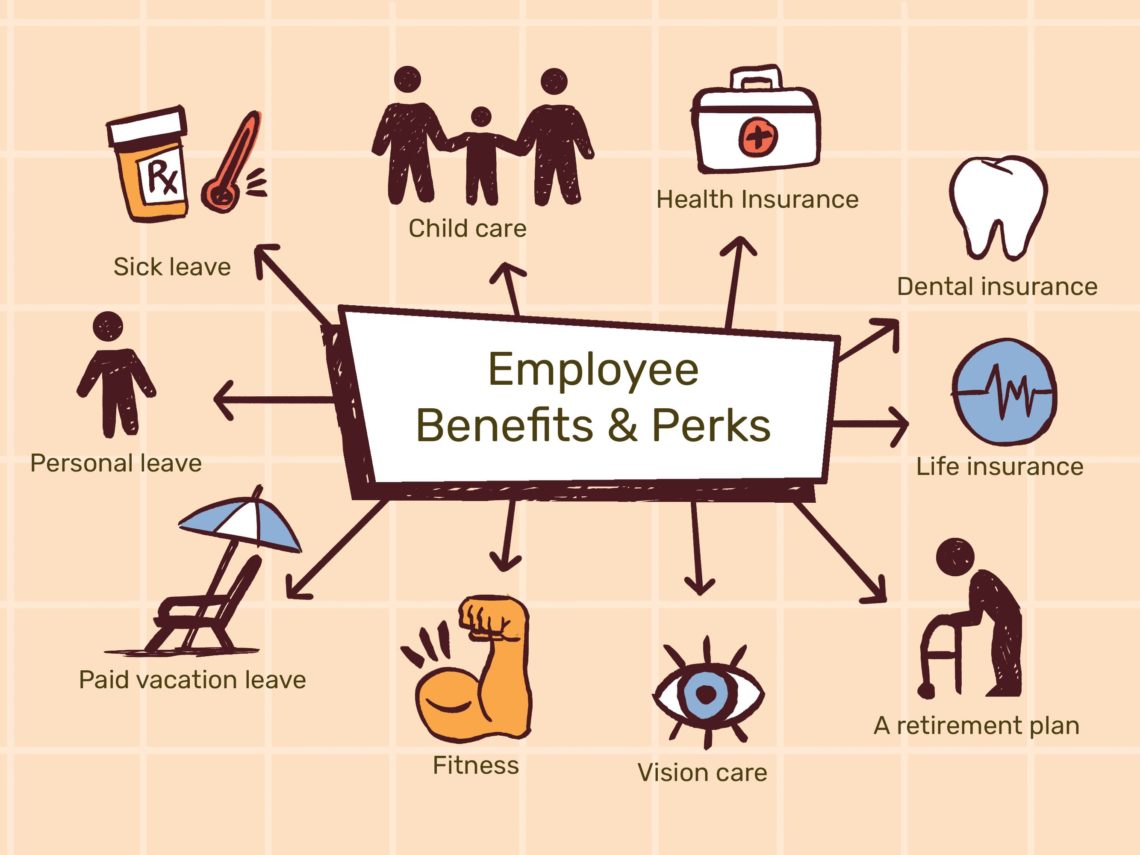For many organisations and employees, workplace pensions are a key part of the employee benefits package. Besides salary, pensions are also usually the costliest element of employee compensation. For these reasons, pension provision might be a key strategic issue for the organisation.
A pension is a fund into which a sum of money is added during an employee’s employment years and from which payments are drawn to support the person’s retirement from work in the form of periodic payments. A pension may also be a ‘defined benefit plan’, where a fixed sum is paid regularly to a person, or a ‘defined contribution plan’, under which a fixed sum is invested that then becomes available at retirement age.
Pensions should not be confused with severance pay; the former is usually paid in regular installments for life after retirement, while the latter is typically paid as a fixed amount after involuntary termination of employment prior to retirement.
So, a pension plan is a retirement account where employers and employees make monthly contributions. In Nigeria, employers contribute 10 per cent of the salary and the employee contributes eight per cent, this is known as a defined contribution scheme. The employee receives the money when he/she retires.
The president of Pension Fund Operators Association (PenOp), Mr. Wale Odutola, who is also the managing director ARM Pension Managers, said though the pension industry has raised the bar for professionals locally, as investment, risk and compliance professionals within the industry can favourably compare to their counterparts anywhere in the world. He said that there are many areas where the sector is behind its counterparts in other countries.
“One area is the level of pension penetration. Nigeria currently has a pension penetration rate of approximately 11 per cent of its labour force. This pales in comparison to 19 per cent in South Africa, 20 per cent in Kenya and 77 per cent in the United Kingdom.
“Consequently, it goes without saying that the industry needs to deepen its level of penetration, especially in the informal sector. Another area of improvement is the level of pension assets to GDP. Nigeria’s level of pensions assets to GDP is only a little over seven percent while in developed markets, it is typically above 100 percent.
“So, whilst the level of our pension asset is relatively large in absolute terms, when you look at it in relation to GDP, it is actually low. This further speaks to the fact that we need to increase the level of penetration of the pensions scheme in general,” Odutola stated.
Former director-general, National Pension Commission (PenCom), Muhammad Ahmad, said the micro pension segment market of the sector needs to be tapped in order to bring every Nigerian in both formal and informal sector into pension coverage.
He said pension operators have a lot of work in this regard insisting that large chunk of their work is in the area of conviction and building trust, saying operators’ starting point in tapping the opportunities in the informal sector is analysing the market.
He noted that the operators need to channel their financial inclusion efforts to the informal sector operators in order to saturate the market.
Ahmad therefore charged the various PFAs not to stay in their offices waiting for informal sector operators to come to them for the purpose of registering into the scheme but to move their workforce into the informal sector market in order to lure them into registering to pension plan.
Meanwhile, organisation should make sure staff understand the value of their pension. If one of the origination’s pension strategy goals is to increase competitiveness of the benefits package, then it is vital for the company to communicate its value to applicants and staff.
Behavioural science studies showed people tend to under-value rewards they have to wait for and pensions are a prime example. Pensions are also complex and difficult to understand. A pension is therefore most effective as an attraction and retention tool when you communicate its advantages well.





